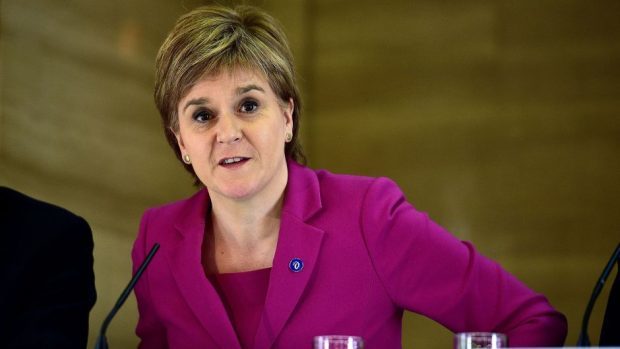Publicly provided child care in Scotland is more expensive than the average combined cost of heating, eating and rent, according to new analysis.
A briefing document released by Labour today also reveals Scots pay more than anywhere else in the UK.
It claims that availability has halved under the SNP and has been slashed for those with additional needs.
Iain Gray, the party’s education spokesman, said: “There has been a comprehensive failure in delivery after a decade of SNP Government.
“The summer holidays are a difficult time for working families.
“Accessing and affording good quality childcare is difficult. It’s just not right that in Scotland in 2016, publicly provided school holiday childcare costs as much as rent, heating and food bills combined.
“Childcare in Scotland is becoming more and more unaffordable and yet more painful SNP cuts won’t help.”
First Minister Nicola Sturgeon told MSPs childcare would be the “most important infrastructure project of this parliament” in the immediate aftermath of the Holyrood election.
Yet the average single parent will spend £110.93, or almost 20% of their income, on publicly funded school holiday childcare for each child every week this summer in Scotland, according to Labour’s analysis.
The average couple with two children will spend 30% of their income, the party adds.
That means the cost is currently 11% higher than England and 17% higher than Wales.
A Scottish Government spokeswoman said: “This government has expanded free early learning and childcare from 412 hours in 2007 to 600 hours for all three and four year olds and extended eligibility to around 27% of two year olds.
“By the end of this parliament we will almost double the amount of hours to 1140 hours a year, which will significantly reduce the burden on parents.
“We also are working with local government to further develop and expand their provision in this area, with the majority of local authorities now offering more flexibility to meet local demand.
“Over and above the 600 hours we have introduced a requirement on local authorities to consult every two years on additional early learning and childcare – such as after-school care – and if and how out of school care can be delivered and supported.”
